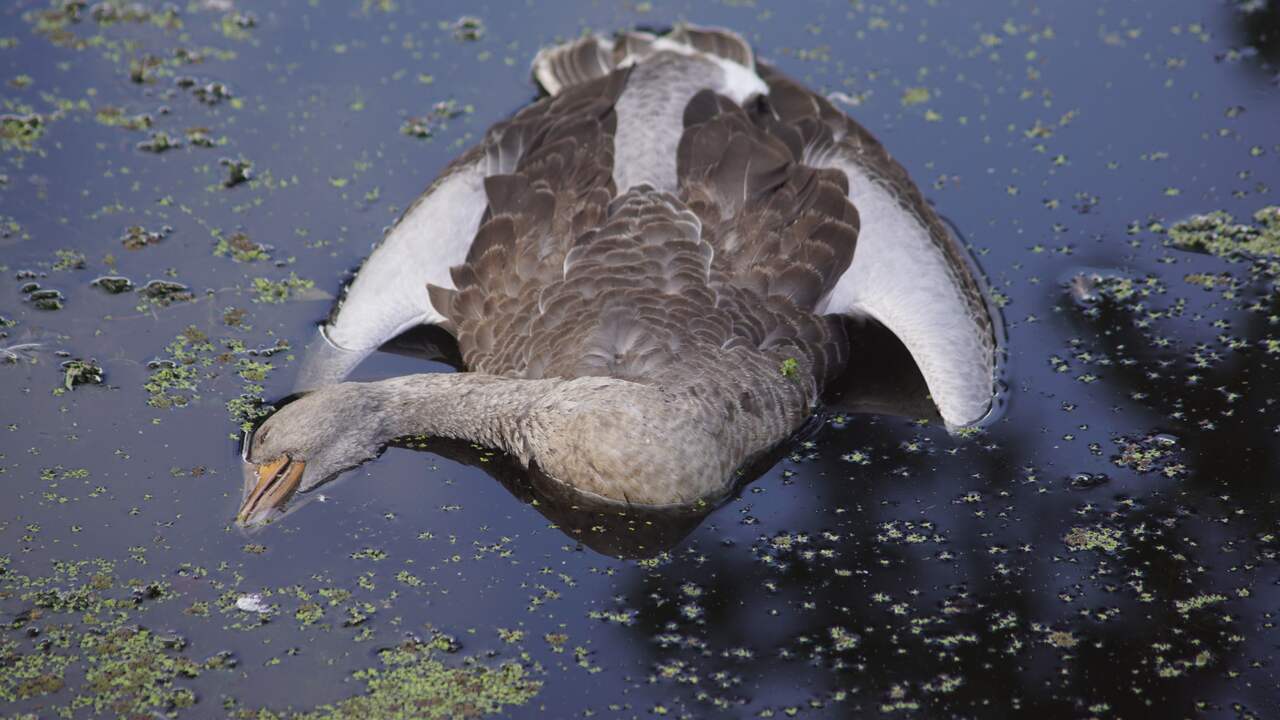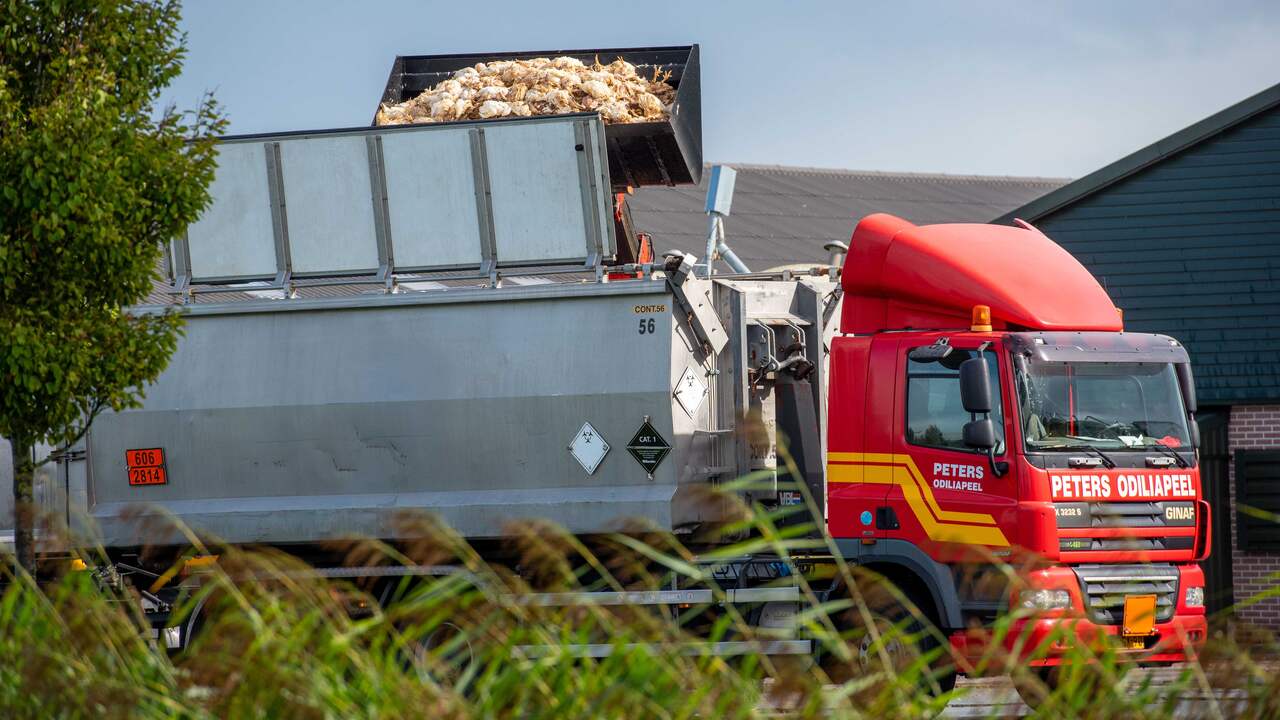Normally, the peak of avian flu is in the winter and then disappears again in the summer. This year is different: avian flu has been circulating frequently among birds throughout the summer and millions of chickens have had to be culled. Experts are holding their breath for the coming winter.
Avian flu usually occurred in the fall with migratory birds wintering in the Netherlands. Through their feces, among other things, it ended up in the chicken sheds and the chickens were infected.
For years, chicken coops sometimes have to be cleared in the fall and winter. Since the spring, the number of avian flu cases has decreased and in the summer the avian flu has disappeared from our country. There were also winters when bird flu barely reached the poultry industry.
This year is a turning point. The virus has passed from water birds that winter here to birds that stay here even in summer, such as the tern sandwich. As a result, the avian flu did not go away.
This week 200,000 animals were slaughtered on a poultry farm in Drenthe. At the beginning of September, more than two hundred farms were banned from transporting due to an infected chicken farm in Barneveld.
“Avian flu remains present all year”
“The forecasts for the winter are not good,” says Nancy Beerens, a bird flu expert at Wageningen University & Research (WUR). “In October the winter guests come this way and they are almost all water birds.”
“It is precisely on water that the virus spreads well. The upward trend of the last few months is set to continue. It will remain present throughout the year.”
In May alone, the number of bird flu cases was low this year. In June, July and August, the number of outbreaks in the poultry sector increased again. “Now it is so extreme that the situation is no longer sustainable,” concludes epidemiologist and poultry veterinarian Francisca Velkers.
Bird flu is spreading rapidly to other European countries as well. According to Beerens, it is “the largest outbreak ever recorded in Europe”.
Waterfowl are a major spread of bird flu.
Waterfowl are a major spread of bird flu. Photo: ANP
–
–
–
Vaccine research
The European Union is therefore actively seeking a solution. It could be a vaccine. Wageningen Bioveterinary Research (WBVR) is studying three potential vaccines.
If a vaccine proves to be suitable, agreements made in the EU will have to be adapted. At the moment, it is not allowed to trade in vaccinated poultry, Beerens says.
“But several Member States are open to reviewing it. In Italy the vaccines are tested on turkeys, in France on ducks and here on chickens,” he continues.
The first results of the studies are expected by the end of December. If a vaccine is suitable, the chickens cannot shoot right away. “This season (the autumn and winter months, ed) will not work anymore and I doubt it will work next season,” says Beerens.
–


